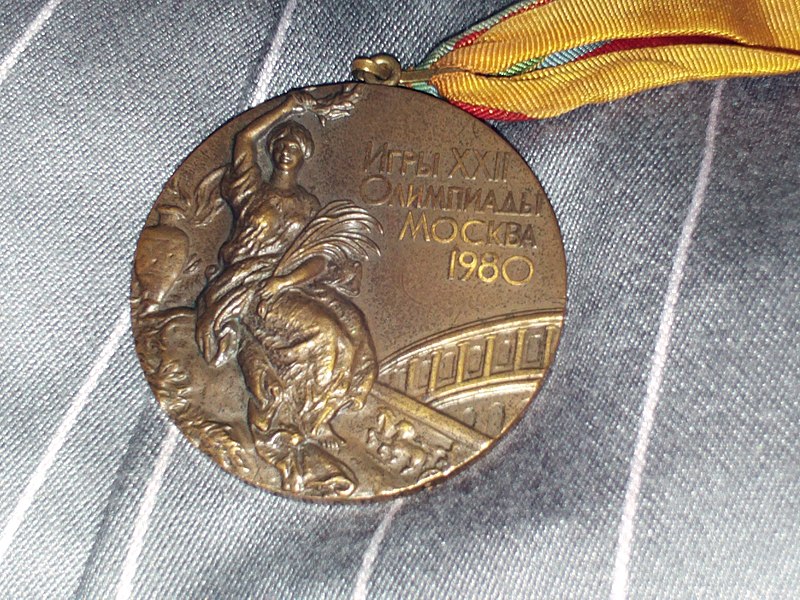On January 20, 1980, President Jimmy Carter decided that the United States would boycott the 1980 Moscow Olympics. The bold move came in response to the Soviet Union’s invasion of Afghanistan, a critical Cold War flashpoint. Carter’s boycott rallied over 60 nations to protest but sparked controversy among athletes and sports organizations. This decision underscored the powerful intersection of sports and international politics.
President Jimmy Carter’s announcement of the U.S. boycott of the 1980 Moscow Olympics was a defining moment in Cold War history. This controversial decision came in response to the Soviet Union’s invasion of Afghanistan in December 1979, which was seen as a significant threat to global stability.
- Carter, aiming to pressure the Soviet Union to withdraw its troops, issued an ultimatum: unless the Soviets pulled out by February 20, 1980, the U.S. would not send its athletes to the Summer Games in Moscow.
- Subsequently, the Soviets refused, and the U.S. officially withdrew, setting the stage for one of the most significant boycotts in Olympic history.
- Over 60 nations, including Canada, West Germany, and Japan, joined the U.S. in boycotting the Games. However, not all American athletes supported the decision. Many had trained for years for the opportunity to compete and were devastated by the move. The boycott highlighted the tension between political actions, sportsmanship principles, and international unity.
- The reason for the boycott was the Soviet Union’s invasion of Afghanistan in December 1979.
- The boycott significantly diminished participation in the Games, particularly in track and field and swimming events.
- Despite the boycott, the Soviet Union hosted the Moscow Games, with 80 nations participating. In retaliation, the Soviets and their allies boycotted the 1984 Los Angeles Olympics.

